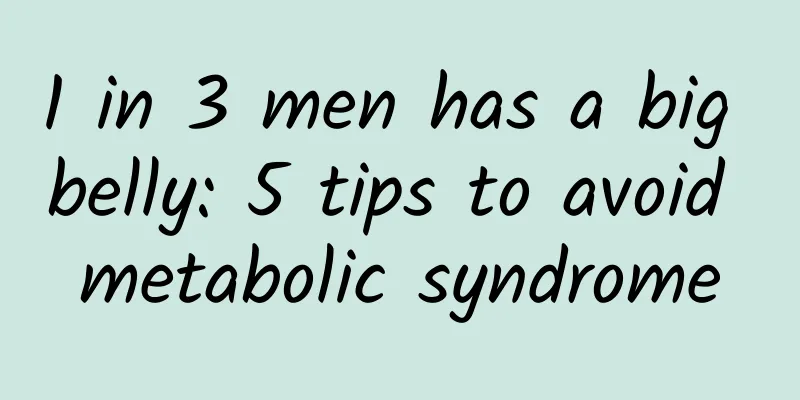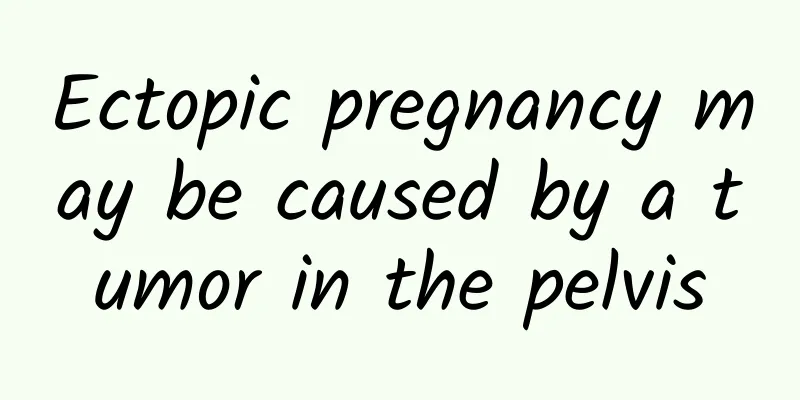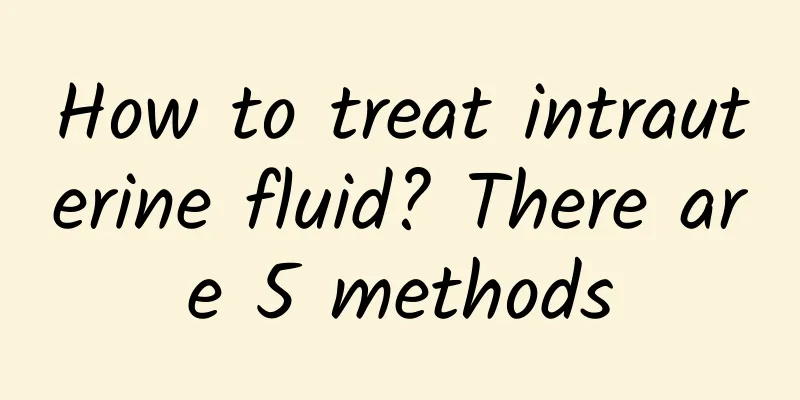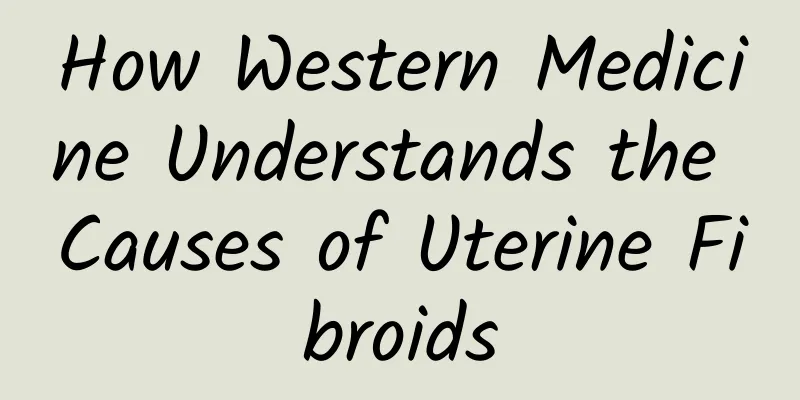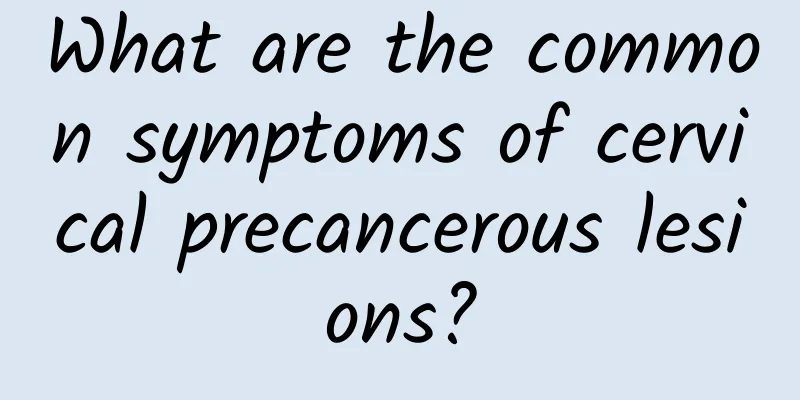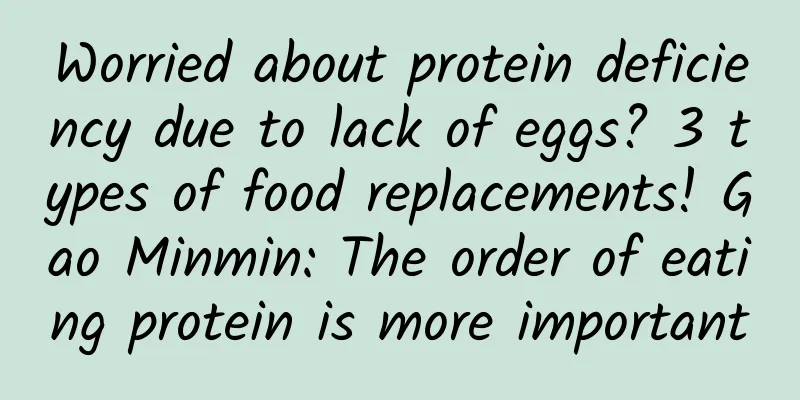The dangers of ovarian cyst torsion during pregnancy
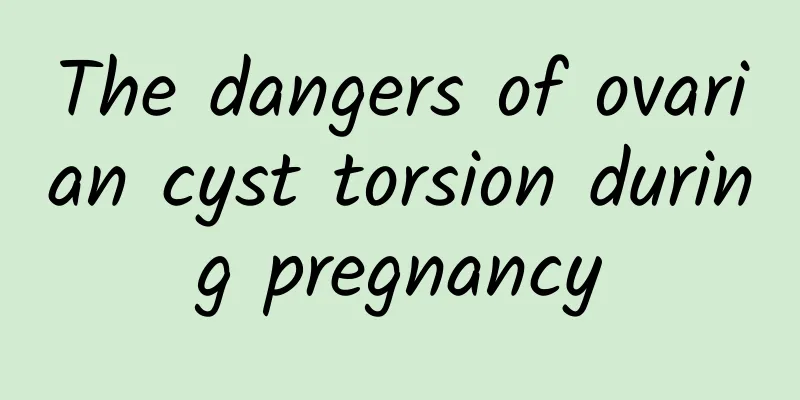
|
Ovarian cyst torsion during pregnancy can cause severe abdominal pain and may threaten the health of pregnant women and fetuses. In severe cases, it may affect ovarian function and even cause miscarriage or premature birth. You should seek medical treatment immediately. Ovarian cyst torsion refers to the twisting of the ovarian pedicle due to changes in body position or movement, which hinders blood supply. Pregnant women are at increased risk of cyst torsion due to hormone level fluctuations and the gradual enlargement of the uterus. Common symptoms include sudden severe pain in the lower abdomen, mainly on one side, accompanied by nausea and vomiting, and in severe cases, hypotension or shock. Prolonged torsion can cause ischemia and necrosis of ovarian tissue, endangering organ function and the life of the pregnant woman. If not treated immediately, it may also induce infection, increasing the risk to the pregnant woman and fetus. Ovarian cyst torsion refers to the twisting of the ovarian pedicle due to changes in body position or movement, which hinders blood supply. Pregnant women are at increased risk of cyst torsion due to hormone level fluctuations and the gradual enlargement of the uterus. Common symptoms include sudden severe pain in the lower abdomen, mainly on one side, accompanied by nausea and vomiting, and in severe cases, hypotension or shock. Prolonged torsion can cause ischemia and necrosis of ovarian tissue, endangering organ function and the life of the pregnant woman. If not treated immediately, it may also induce infection, increasing the risk to the pregnant woman and fetus. If ovarian cyst torsion is confirmed, timely treatment is the key to protecting the health of mother and baby. Usually mild cases can be monitored by B-ultrasound, and it is recommended to reduce strenuous activities to control the condition. Severe torsion or necrosis requires surgical treatment. The current minimally invasive laparoscopic surgery technology can restore blood supply while ensuring the safety of the fetus, or remove diseased tissue when necessary. To prevent cyst torsion, pregnant women should have regular prenatal checkups, pay attention to abdominal protection, and avoid high-intensity exercise. If severe abdominal pain is found, go to the hospital for examination as soon as possible, and cooperate with the doctor to take intervention measures to ensure the safety of mother and baby. |
<<: Is there a high chance of pregnancy with cervical erosion?
>>: What causes cervical erosion and moderate inflammation?
Recommend
Treatment of dysmenorrhea due to uterine coldness
Qingcheng is just 20 years old this year, but she...
Is it possible for irregular menstruation to heal itself after marriage?
Dysmenorrhea is not unfamiliar to many women, and...
Can hyperprolactinemia be cured?
In today's fast-paced life and high work pres...
Experts tell you the causes of uterine fibroids!
There is no consensus on the tissue origin of ute...
What tests should be done to find out the causes of threatened miscarriage?
Threatened miscarriage may be caused by a variety...
The clinical etiology of pelvic inflammatory disease is inseparable from postoperative infection
It is very important to firmly grasp the cause of...
Daily health care for dysmenorrhea cannot be ignored!
Daily care for dysmenorrhea cannot be ignored! Th...
Interventional therapy: a new minimally invasive treatment for uterine fibroids
There are some advantages to interventional treat...
3 major conditions you need to meet to choose medical abortion
Medical abortion refers to the use of injections ...
Decoding: Several common causes of cervical hypertrophy
The cause of cervical hypertrophy is a matter of ...
What causes the recurrence of uterine fibroids? Why are uterine fibroids prone to recurrence?
What causes the recurrence of uterine fibroids? W...
How long does it take for abdominal pain to start with ectopic pregnancy? Usually 6 to 8 weeks
Ectopic pregnancy usually causes abdominal pain a...
Cost of conservative treatment for threatened abortion
Every family hopes that pregnant mothers can give...
How much does it cost to treat ectopic pregnancy?
Ectopic pregnancy examination fee: Generally, reg...
Jessica Simpson walks 10,000 steps and loses 30 kg
Jessica Simpson, an American singer and fashion d...
